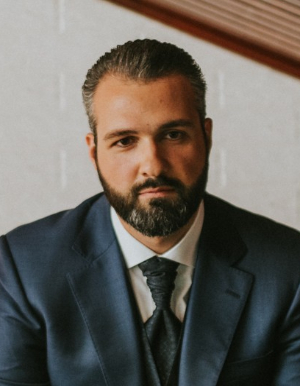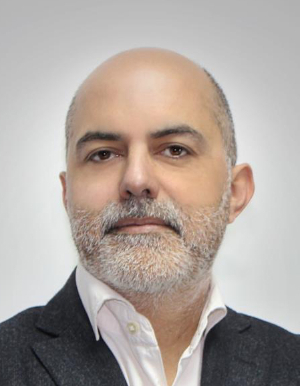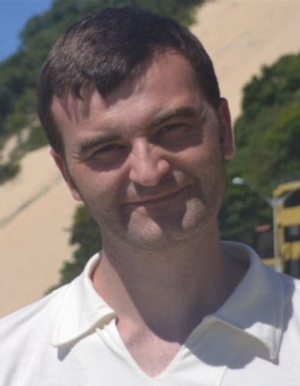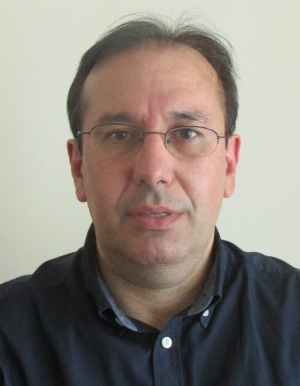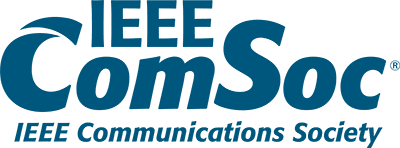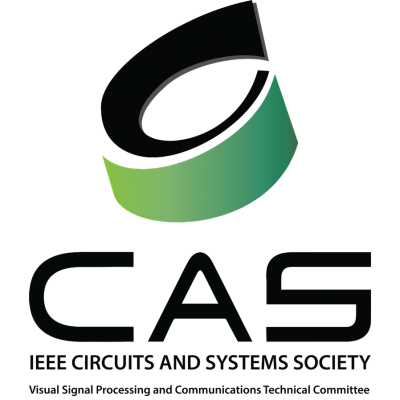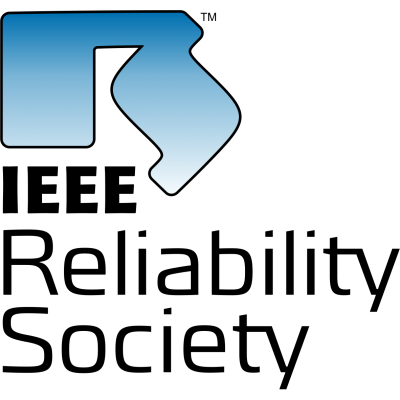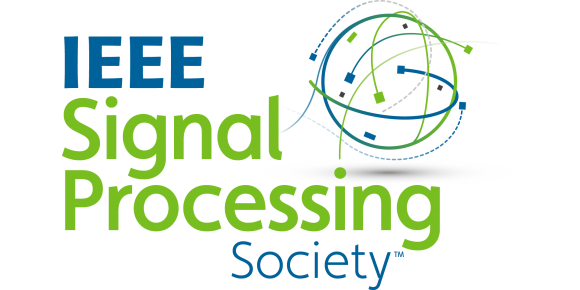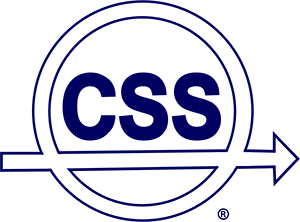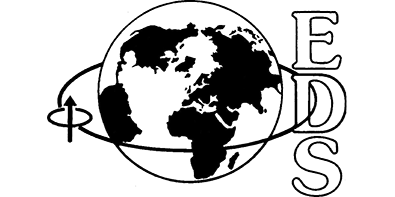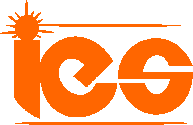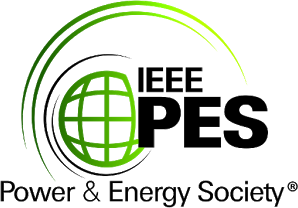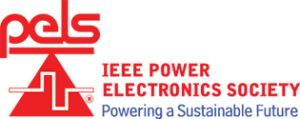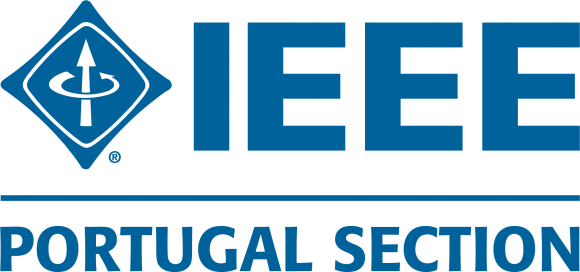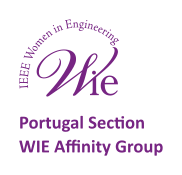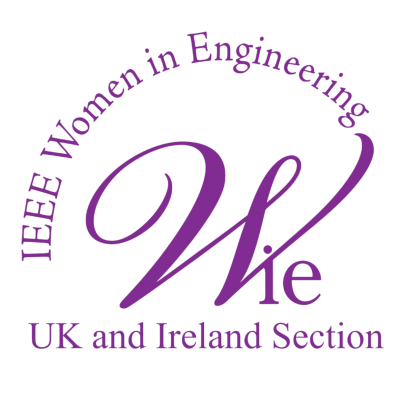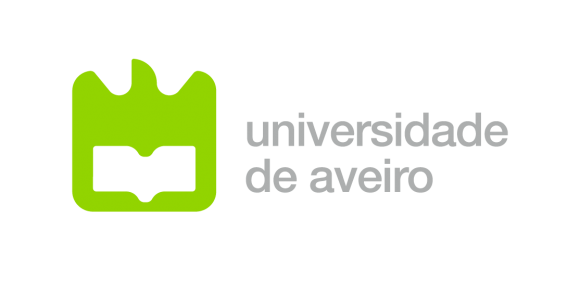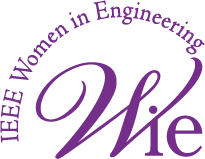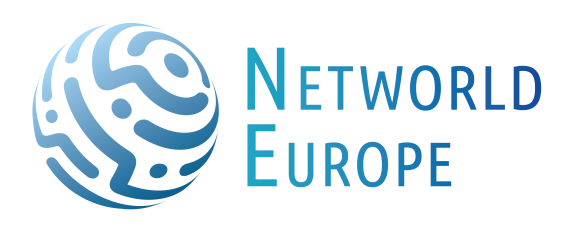Software Engineering for the Industrial Internet of Things
Track ID: Spes-04
Description
Internet of Things-based systems are becoming increasingly popular across different domains and their development is rapidly increasing to provide value-added services to end-users and citizens. In industrial contexts, the emergence of the Industrial Internet of Things(IIoT) is followed by a tremendous increase in the complexity of developing and operating such systems. There is a gap in the literature when considering the core software processes for design, development and manage IoT systems throughout their entire lifecycle. Thus, software and systems engineers find themselves most of the time unprepared and unfamiliar with this new genre of system development. Despite the tremendous progress in software engineering approaches and technologies in recent years, they do not seem to reach the industry when developing processes for IIoT systems. More comprehensive and systematic views on all aspects of systems and their development process are required. This Special Session invites researchers and practitioners to share their experiences and innovative concepts related to the design of software for IIoT systems. Topics of interest include: Software engineering approaches and best practices for IIoT design and development; Management of IIoT software; Software modelling and languages for IIoT; Usability of software development environments for IIoT engineering; Function-Block Design and Low-code Development for IIoT systems; IIoT integration with Software Design and Computing Paradigms.
Objectives and Motivation
IIoT is rapidly expanding, with numerous industries adopting smart and connected systems to enhance efficiency, productivity, and automation. However, the development and management of IIoT software present unique challenges that require specialized software engineering approaches.
On the one hand, The integration of IIoT with emerging software design and computing paradigms, such as cloud computing and edge computing, opens up new possibilities for scalable and distributed IIoT architectures. Exploring the intersection of IIoT and software engineering can lead to innovative solutions and improved system performance. On the other hand, usability and developer-friendly tools, such as software development environments and the development of function-block design and low-code development approaches, are essential for efficient IIoT software engineering.
Thus, the special session aims to:
- Provide a platform for researchers, practitioners, and industry experts to share their latest findings, experiences, and insights related to software engineering for the IIoT.
- Foster collaboration and knowledge exchange among participants from academia and industry, promoting interdisciplinary discussions on software engineering approaches and best practices specifically tailored for IIoT systems.
- Explore innovative software engineering methodologies, tools, and techniques that address the unique challenges posed by IIoT, such as scalability, heterogeneity, real-time requirements, and data management.
- Discuss the integration of IIoT with software design and computing paradigms, including cloud computing, edge computing, and artificial intelligence, to enable efficient and intelligent IIoT system development.
- Identify emerging trends, open research problems, and future directions in software engineering for IIoT, encouraging participants to collaborate on potential research projects and industry initiatives.
By bringing together researchers, practitioners, and industry experts, the special session can foster collaboration, knowledge transfer, and networking opportunities, ultimately advancing the state of software engineering in the context of the Industrial Internet of Things.
Novelty
It's important to encourage researchers and practitioners to share their novel ideas, research findings, and technological advancements related to software engineering for the Industrial Internet of Things. There are several novel and technical innovations that can be highlighted in this special session:
- Advanced Software Engineering Approaches: Present novel approaches, methodologies, and frameworks specifically tailored for software engineering in the context of IIoT. This can include innovative techniques for requirements engineering, system architecture design, testing, and validation of IIoT software.
- Integration of IIoT with Software Design Paradigms: Explore the integration of IIoT systems with emerging software design paradigms, such as microservices, containerization, and serverless computing. Highlight the advantages, challenges, and best practices of using these paradigms in IIoT software engineering.
- Scalable and Heterogeneous IIoT Architectures: Discuss innovative solutions for managing the scalability and heterogeneity of IIoT systems. This can include techniques for distributed computing, interoperability, and data management in large-scale and diverse IIoT environments.
- Real-time and Edge Computing in IIoT: Highlight technical innovations in incorporating real-time processing and edge computing capabilities into IIoT software engineering. Explore approaches for handling time-sensitive data, ensuring low-latency communication, and optimizing the utilization of edge resources.
- Usability of IIoT Software Development Environments: Present advancements in developing intuitive and user-friendly software development environments specifically designed for IIoT engineering. This can include visual programming tools, code generation techniques, and low-code development platforms for rapid and efficient IIoT software development.
- Function-Block Design and Low-Code Development: Showcase technical innovations in function-block design methodologies and low-code development approaches for IIoT systems. Discuss how these innovations enable modular and reusable software components, simplifying the development and maintenance of IIoT applications.
- Security and Resilience in IIoT Software: Address novel approaches for ensuring the security, privacy, and resilience of IIoT software. This can include techniques for secure communication, access control, anomaly detection, and system recovery in IIoT environments.
- AI and Machine Learning in IIoT Software Engineering: Explore the integration of artificial intelligence (AI) and machine learning (ML) techniques in IIoT software engineering. Discuss how AI/ML algorithms can be used for data analytics, predictive maintenance, anomaly detection, and optimizing IIoT system performance.
Special Session Content
There is a wide range of aspects related to software engineering for the Industrial Internet of Things. They aim to explore the challenges, advancements, and best practices in developing high-quality, scalable, and efficient software for IIoT systems. It is recommended to provide flexibility for participants to contribute their research and insights within these topic areas or related subtopics. Thus, a detailed list of topics that the Special Session will cover is presented next.
-
Software Engineering Approaches for IIoT Design and Development:
- Requirements engineering for IIoT systems
- System architecture design and modeling for IIoT
- Agile and DevOps practices for IIoT software development
- Quality assurance and testing methodologies for IIoT software
- Continuous integration and deployment for IIoT systems
- IIoT Software Management:
- Software lifecycle management for IIoT applications
- Configuration and change management in IIoT systems
- Software versioning and release management for IIoT deployments
- Maintenance and upgrade strategies for IIoT software
- Software metrics and monitoring in IIoT environments
- Software Modeling and Languages for IIoT:
- Model-driven engineering for IIoT systems
- Domain-specific modeling languages for IIoT software
- Formal methods and techniques for IIoT software specification and verification
- Ontologies and semantic modeling for IIoT applications
- Model-based code generation for IIoT platforms
- Usability of Software Development Environments for IIoT Engineering:
- User interface design for IIoT software development tools
- Visualization and interaction techniques for IIoT system monitoring
- Collaborative development environments for distributed IIoT teams
- User experience (UX) considerations in IIoT software engineering
- Accessibility and inclusiveness in IIoT development environments
- Function-Block Design and Low-Code Development for IIoT Systems:
- Function-block design methodologies for IIoT applications
- Component-based development approaches for IIoT software
- Low-code development platforms and frameworks for IIoT
- Code generation and automation in IIoT software engineering
- Reusability and modularity in IIoT software component design
- IIoT Integration with Software Design and Computing Paradigms:
- Cloud computing and IIoT integration
- Edge computing and fog computing in IIoT systems
- AI and machine learning integration in IIoT software
- Distributed computing paradigms for IIoT architectures
- Interoperability and standardization in IIoT software integration
Intended Audience
The special session will include presentations, panel discussions, and interactive sessions to encourage knowledge sharing and collaboration among participants. We want to invite researchers and industry practitioners to submit their original research papers, case studies, and experience reports related to the session's theme. Some potential target audience groups are:
-
Researchers and Academics: Scholars and researchers working in the field of software engineering, IIoT, or related areas can benefit from the session by gaining insights into the latest advancements, research trends, and challenges in software engineering for IIoT.
- Practitioners and Industry Experts: Professionals who are actively involved in the design, development, and implementation of IIoT systems, including software engineers, system architects, project managers, and industrial automation specialists, can gain practical knowledge, best practices, and real-world case studies from the session.
- Software Engineers and Developers: Individuals working specifically in the software engineering domain, who are interested in expanding their expertise into IIoT, can learn about specialized approaches, tools, and methodologies relevant to IIoT software development.
- Decision Makers and Managers: Executives, managers, and decision-makers responsible for overseeing IIoT initiatives within organizations can benefit from understanding the software engineering aspects of IIoT, enabling them to make informed decisions and strategies.
Paper Submission Deadline
Important Dates:
- Deadline for Paper Submissions: July 30th, 2023
- Acceptance Notification: September 8th, 2023
- Deadline for Camera-Ready Paper Submissions: September 29th, 2023
- Deadline for Presentation Submissions: October 2nd, 2023
Papers should be six (6) pages in length and follow the instruction provided for the main Conference. The conference allows up to two additional pages for a maximum length of eight (8) pages with payment of extra page charges once the paper has been accepted.
Please submit your paper for this Special Session using the link to eWorks:
Call For Papers:
If you have any questions, please contact Dr. Rui Pinto: rpinto@fe.up.pt
Chairs
Rui Pinto: Faculty of Engineering of the University of Porto
Rui Pinto was born in Santa Maria de Lamas, Santa Maria da Feira, Portugal, on 1989. In 2013, he received a Master's degree in Electrical and Computer Engineering from the Faculty of Engineering of the University of Porto (FEUP), and in 2022 a PhD in Computer Engineering from the same school. He is currently an Assistant Researcher at FEUP and an Integrated Member of the Research Center for Systems & Technologies (SYSTEC). He is also an Invited Teaching Assistant Professor at the University of Trás-os-Montes and Alto Douro (UTAD). Since 2013, as a researcher, he has participated in at least 19 national and European Research and Development projects, mainly focused on the topics of digitization of industrial processes, WSAN, Edge/Cloud Computing, Smart Components, bio-inspired cybersecurity and Education 4.0. In addition, he had the opportunity to supervise and co-supervise at least 22 bachelor projects, Master's dissertations and PhD thesis, on topics related to the smart industry paradigm.
Gil Gonçalves: Faculty of Engineering of the University of Porto
Gil Gonçalves is an Assistant Professor at the Faculty of Engineering of the University of Porto (FEUP) in the Department of Computer Engineering (DEI). Gil is the Coordinator of the thematic line SYSTEC- MANUFACTURING in the SYSTEC RD Unit and responsible for the DIGITAL and InTelligent Industry laboratory, a research laboratory that involves faculty members from the Departments of Informatics Engineering and Electrical and Computer Engineering from FEUP. With an extensive experience in research and innovation, Gil has been involved in over 35 National and European RTD projects and studies, as Principal Investigator in many of them, to promote digital transformation in different sectors like manufacturing, health and agri-food. He is the Principal Investigator in several European RTD projects, and Expert evaluator in national and European Research and Innovation programmes, including in several Horizon 2020 and Horizon Europe evaluation panels and in many cascade funding programmes. He is part of the team from the Underwater Systems and Technology Laboratory at Porto University that won the BES Innovation prize (CNIBES) in 2006 with the project SeaScout. Involved in the creation of a high-tech spin-off based on research results of the project “Marine Systems and Technologies” and, since 2006, he has been the founder of 3 other technology-based start-ups. He (co-)authored over 100 publications (reports, journal papers and conference articles) in areas related to innovation, ICT, eHealth, eGovernment, entrepreneurship, industry 4.0, manufacturing, robotics and control. Gil is currently the Chairman of the General Assembly of the National Portuguese ICT Cluster (TICE.PT).
Pedro Miguel Baptista Torres: Polytechnic Institute of Castelo Branco
Pedro M. B. Torres received Graduate degrees in electrical and telecommunications engineering from the Polytechnic Institute of Castelo Branco (IPCB), Portugal, in 2005 and 2007, respectively, and a Ph.D. degree in mechanical engineering, specializing in surgical robotics, from the Technical University of Lisbon, Portugal, in 2015. He is currently an Adjunct Professor at IPCB. He is also a Researcher at SYSTEC—Research Center for Systems and Technologies and ARISE—Advanced Production and Intelligent Systems Associated Laboratory, Porto, Portugal. His research interests include the areas of electronics, automation and robotics, machine vision, machine learning/deep learning, cyber-physical systems, the IoT, and the IIoT.
Paulo Leitão: Polytechnic Institute of Bragança
Paulo Leitao received the Habilitation in Informatics Engineering in 2018 from the University of Porto, and a PhD degree in Electrical and Computer Engineering from the Faculty of Engineering of the University of Porto in 2004. He is a Full Professor at the Department of Electrical Engineering of Instituto Politécnico de Bragança and scientific coordinator of CeDRI – Research Centre in Digitalization and Intelligent Robotics. His research interests are in the field of intelligent and reconfigurable systems, cyber-physical systems, multi-agent systems, digital twins, the Internet of Things, factory automation and holonic systems. He participate/has participated in several national and international research projects, is a member of the International Program Committee (IPC) of several scientific events, and served as general co-chair of several international conferences, namely IFAC IMS’10, HoloMAS’11, IEEE ICARSC’16, SOHOMA'16 and IEEE INDIN’18. He has published 8 books and more than 350 papers in high-ranked international scientific journals and conference proceedings (per review). He is a co-author of three patents and received ten paper awards at international conferences. Dr. Leitão is Senior member of the IEEE Industrial Electronics Society (IES) and Systems, Man and Cybernetics Society (SMCS), Chair of the IEEE IES Technical Committee on Industrial Agents and member at-large of the IEEE IES Administrative Committee (AdCom). He was also chair of the established IEEE 2660.1-2020 standard.



